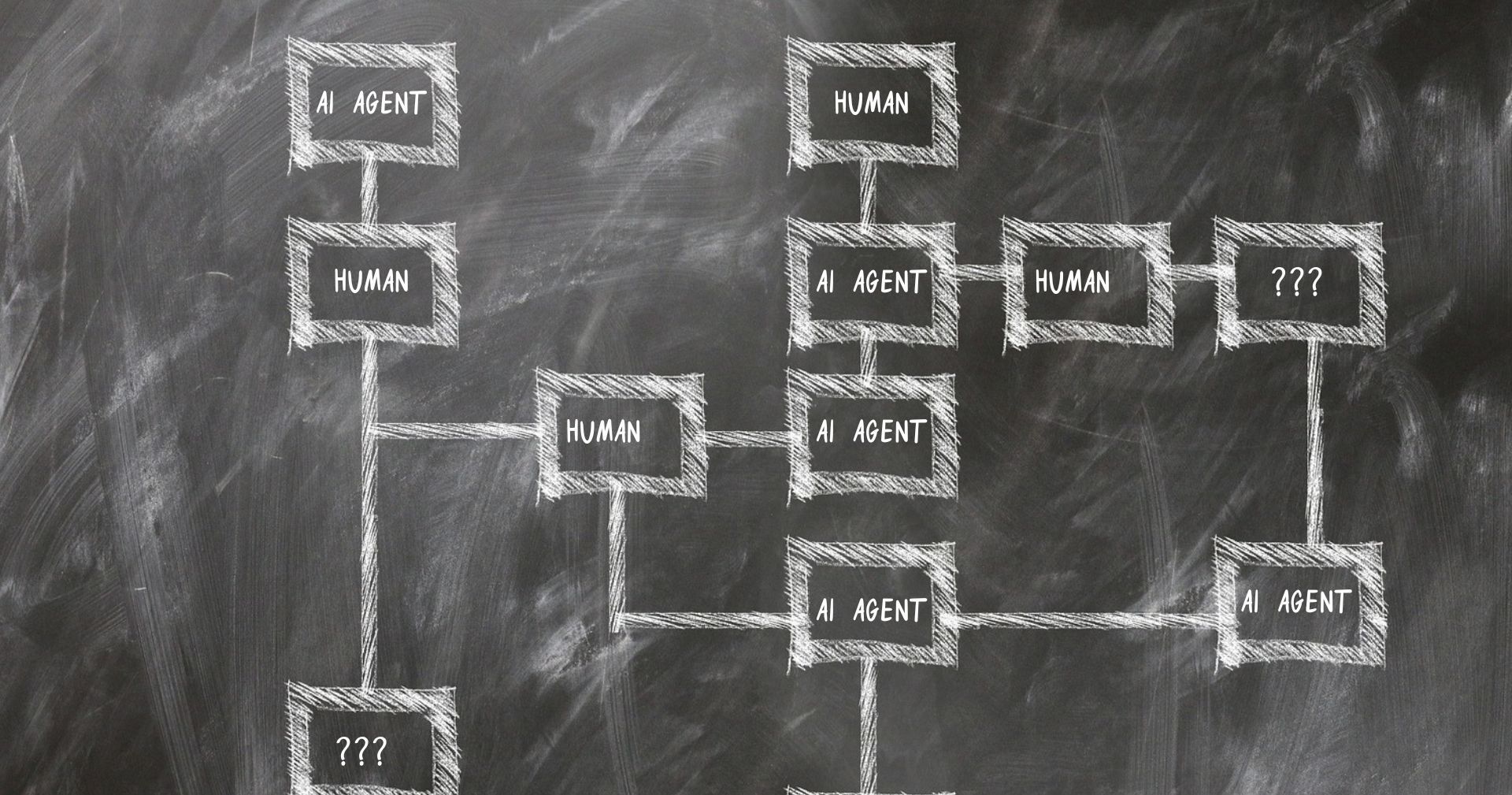Busy business

In the last 18 months I have noticed busy-ness in organisations reaching epidemic proportions. I see the cost of excess busy-ness everywhere. From poor quality work, to enormous amounts of re-work, to diminished levels of engagement (how long can one stay motivated when your 1:1 is re-scheduled for the 5th time?). And at times there is the extreme cost of burnout and stress when the body and mind down tools and declare ‘enough!’
As an outside observer I am caught between empathy and amazement as I see work being attempted in a way that is frenzied and unproductive; actually, at times it is downright counter-productive. ‘Thinking time’ has been squeezed out of the diary at the expense of ‘doing time’ which is more readily justified. Busy-ness has become a badge of honour and despite all evidence to the contrary, is mistakenly viewed as a temporary state which will end once the current transformation is completed or new strategy is implemented or a supply-chain crisis is resolved (take your pick or substitute a convenient reason of your own). To some extent it’s easy to pin organisational ‘over-busy-ness’ on an absence of effective strategy; an inability to make choices and say ‘no’ is understandable in a desire not to cut off any possibilities just in case they prove valuable. Or maybe it’s an attempt to fool ourselves we have the capacity to undertake far more than is really possible. A lack of strategy certainly exacerbates the propensity for busy-ness and justifies our behaviour although I believe the roots of it are more connected with our individual insecurities rather than any organisational failing.
Oliver Burkeman’s brilliant book 4000 weeks (so called because that is the frighteningly short average human life span) suggests that busy-ness can be a way of us avoiding bigger questions about our lives and our priorities. He suggests that productivity advice is based on the false premise that we should be able to fit it all in and not have to miss out on any of it, thus we don’t necessarily make the choices we need to; primarily because they are difficult.
I have been experimenting over the past few months with making myself less busy. I acknowledge the position of luxury I’m in that allows me this choice but far from it being the enjoyable experience I expected, I have found it surprisingly uncomfortable and ironically, at times, stressful. This doesn’t mean it’s the wrong thing to do; there have been many benefits but it does indicate how habituated I have become to busy-ness and how awkward it is to break free. I’m deeply conditioned to expect to be busy and am surrounded by people whose reply to ‘how are you?’ is some version of ‘extremely busy’, thereby, inadvertently emphasising the need to be busy if I want to comply with the norm. At some point in my life I conflated busy-ness and self-worth and it is difficult to untangle them again in a world which reinforces the association in so many ways.
Manic busy-ness is a self-inflicted threat to productivity and yet it is completely accepted. Dealing with it would force us to take responsibility and admit that at least in part we are architects of our own busy-ness and we are doing this to ourselves. If we want to change the situation it will take courage to step out of the status quo and experience the unfamiliar discomfort of saying ‘life’s great, I’ve created a lot of gaps in my diary’. It is challenging to actively do less when the world around you is encouraging you to do more but it is only then that we can contribute our best.










